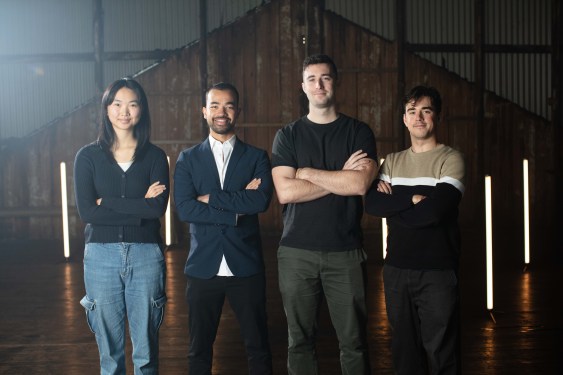Robotics companies face a simple but significant challenge: robots generate enormous amounts of data. A single robot can easily produce up to a terabyte of data daily as it continuously captures information from cameras and sensors.
A startup based in Sydney, Australia, named Alloy believes it can address this issue. The company is building specialized data infrastructure for robotics firms to help them process and organize the vast streams of data collected from various sources. At its core, Alloy encodes and labels the data it collects. This system allows users to search through their information using natural language to identify bugs and errors. Users can also establish rules to automatically catch and flag future issues, functioning similarly to how software observability tools monitor code for problems.
Joe Harris, the founder and CEO of Alloy, explained the common problem. He said that the current method involves looking for an anomaly and then replaying the data. Teams then spend hours scrubbing through this information to diagnose flagged issues without a clear view of whether it has happened before or if it is a high-severity problem.
As robotics companies scale, this data management problem becomes increasingly complex due to the sheer volume of information each robot produces. Harris has been fascinated by robotics since childhood. After graduating college in 2018, he found limited opportunities in the field, so he worked at Australian tech companies like Atlassian and the telehealth startup Eucalyptus.
In 2024, Harris decided the time was right to launch his own robotics company. He initially considered building robots for the agriculture industry, inspired by an interest in vertical farming. However, when he spoke with other founders, the recurring challenge they mentioned was managing the data produced by robots. He decided to focus on solving that fundamental problem first.
Harris reasoned that if he solved the data problem for his own company, he would create a powerful horizontal solution. He believed that helping other robotics companies spend less time on data plumbing and more time on achieving high reliability was a crucial near-term mission.
Since its launch in February 2025, Alloy has signed four Australian robotics companies as design partners and plans to expand into the U.S. market this year. Harris noted that the most excited customers are those who have experienced the pain of building and maintaining their own data systems. They prefer a dedicated tool, comparable to a Databricks platform specifically built for robotics.
Alloy has raised over AUD $4.5 million, approximately $3 million USD, in a pre-seed funding round. The round was led by Blackbird Ventures, with participation from Airtree Ventures, Xtal Ventures, and Skip Capital, along with angel investors from the robotics sector.
The company currently faces few direct competitors. Many robotics firms either adapt existing data management tools not designed for the multimodal data from robots or attempt to build their own internal solutions from scratch.
As commercial applications for robotics grow, Alloy aims to capture a significant share of this expanding market. Harris expressed great optimism for the industry, stating it is an excellent time to build a robotics company. His ultimate goal is to enable the next wave of robotics companies, so they can focus on innovation without having to reinvent fundamental data management systems.

